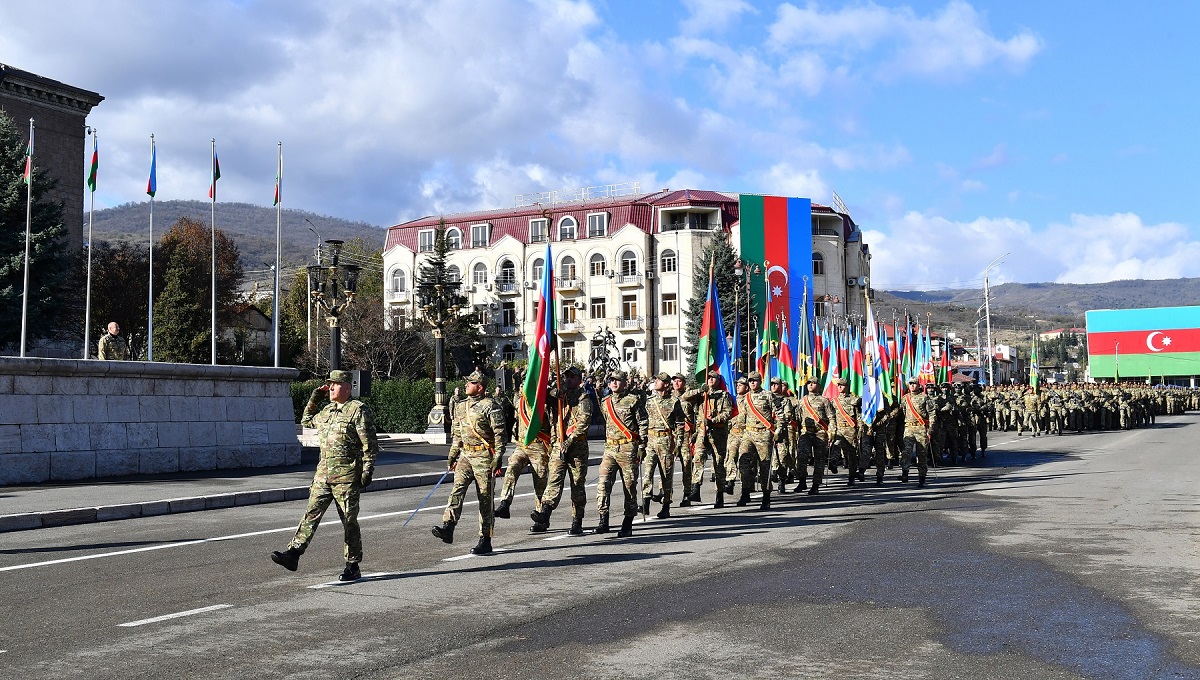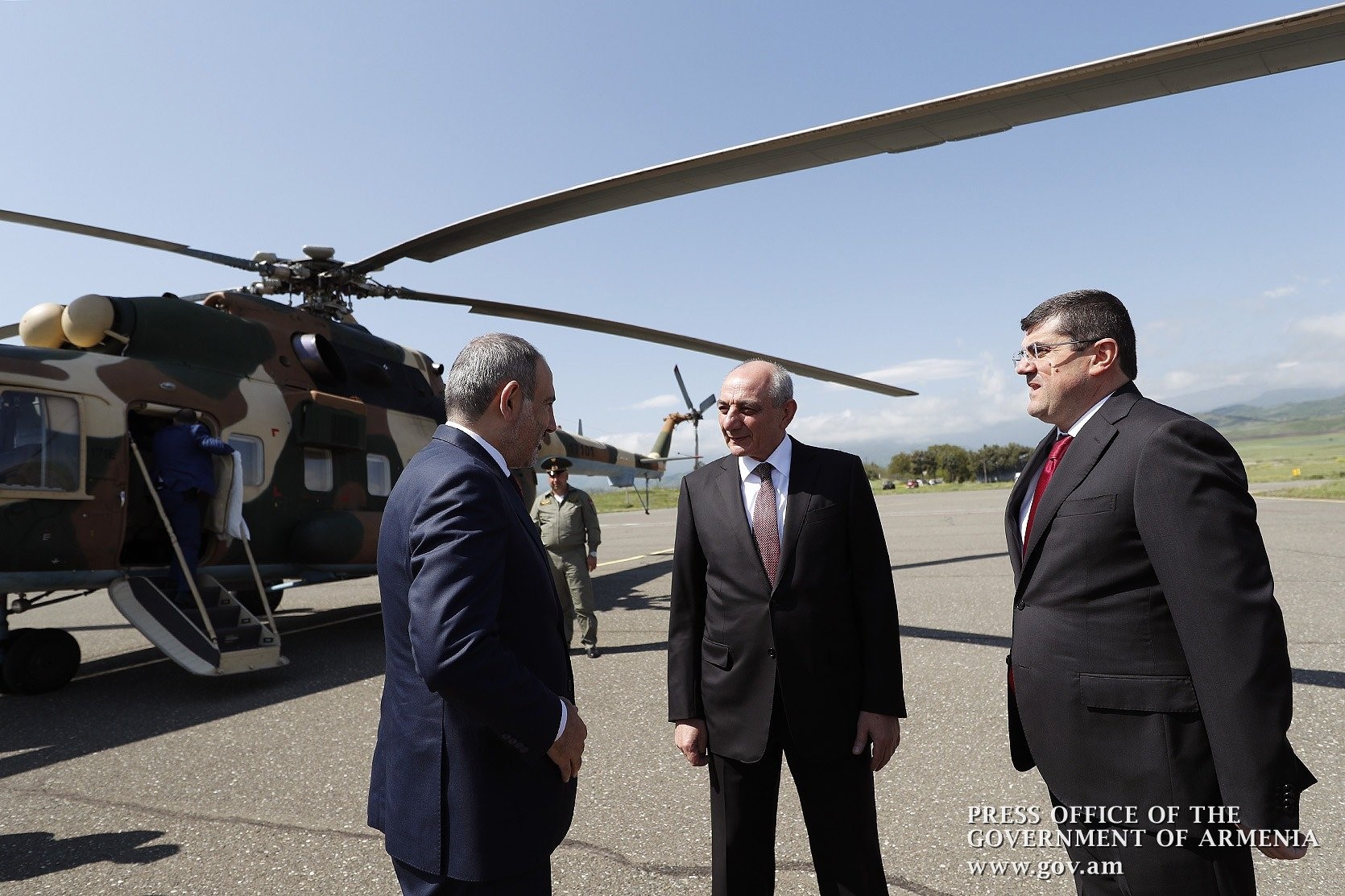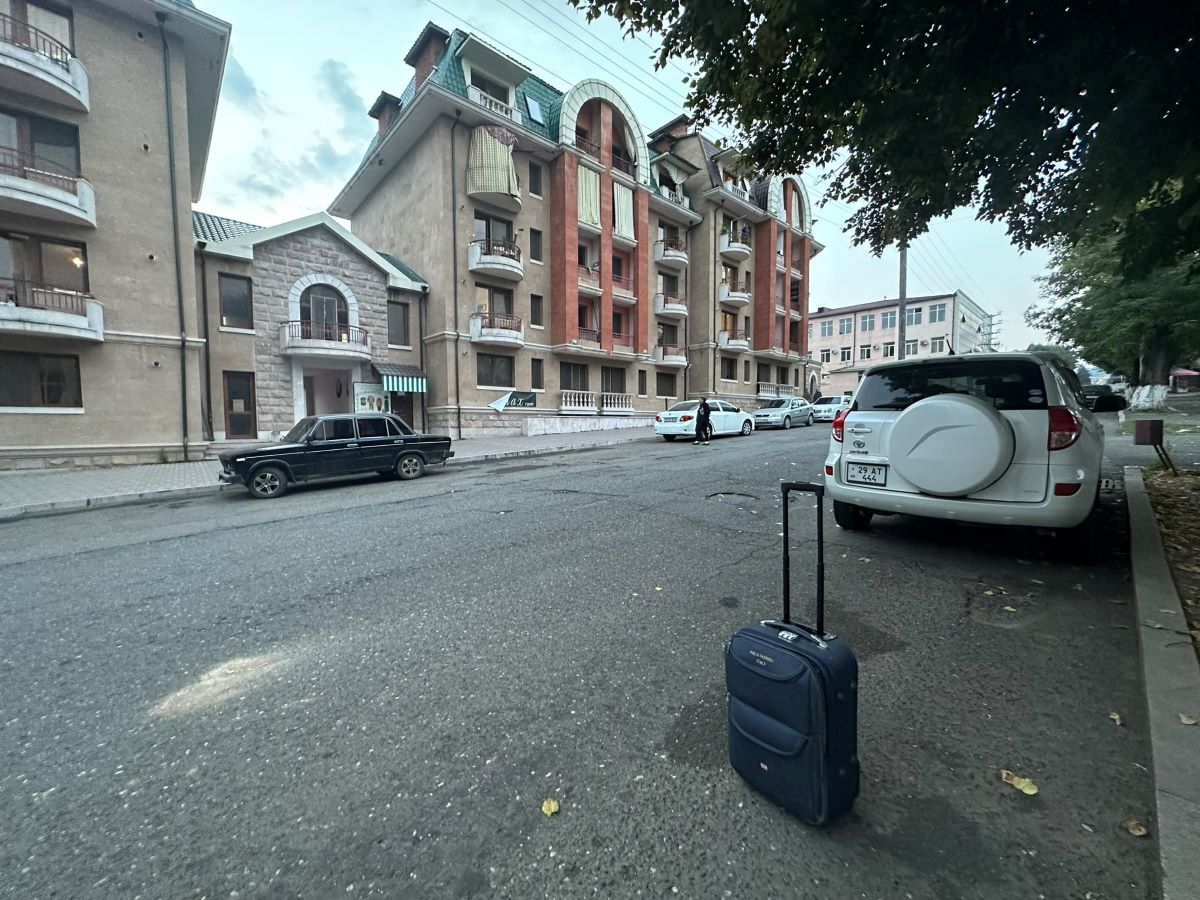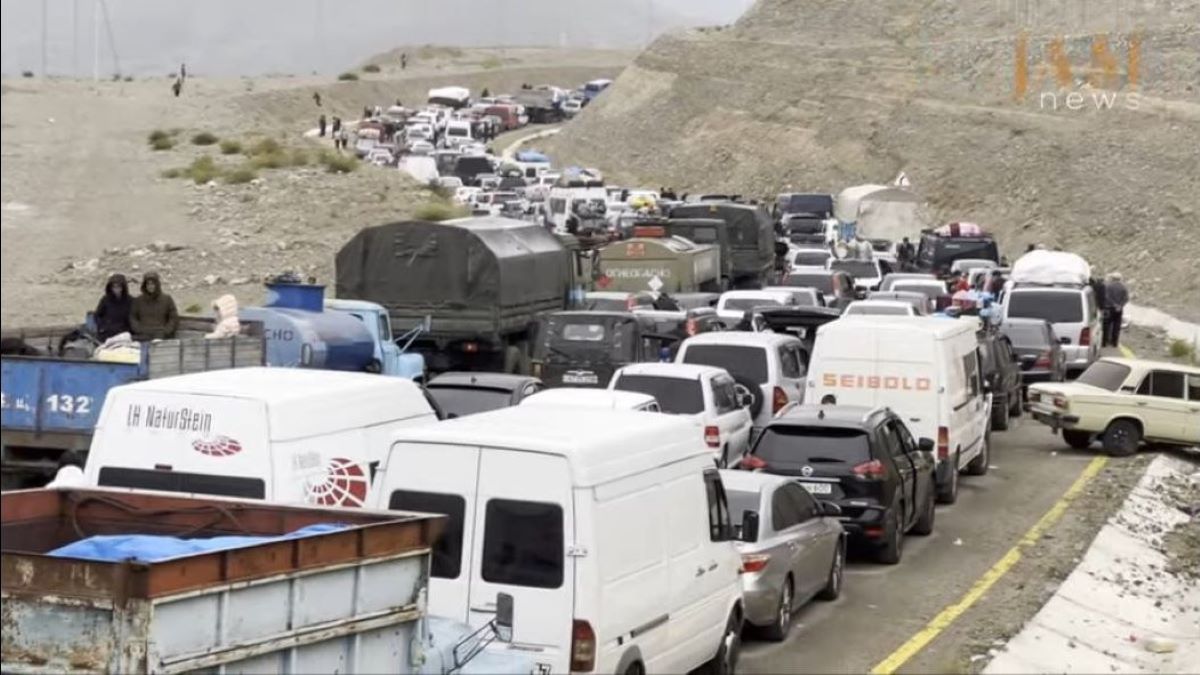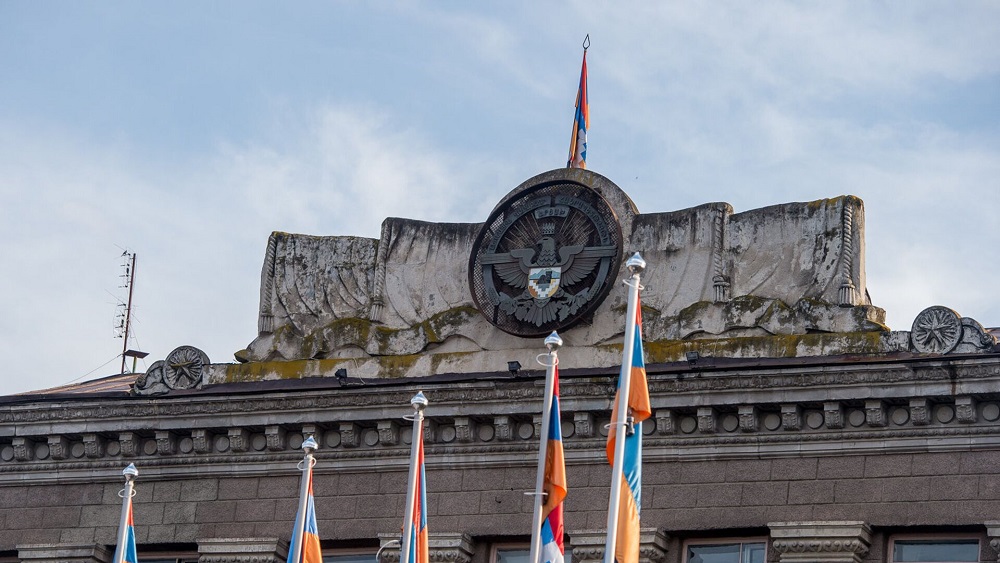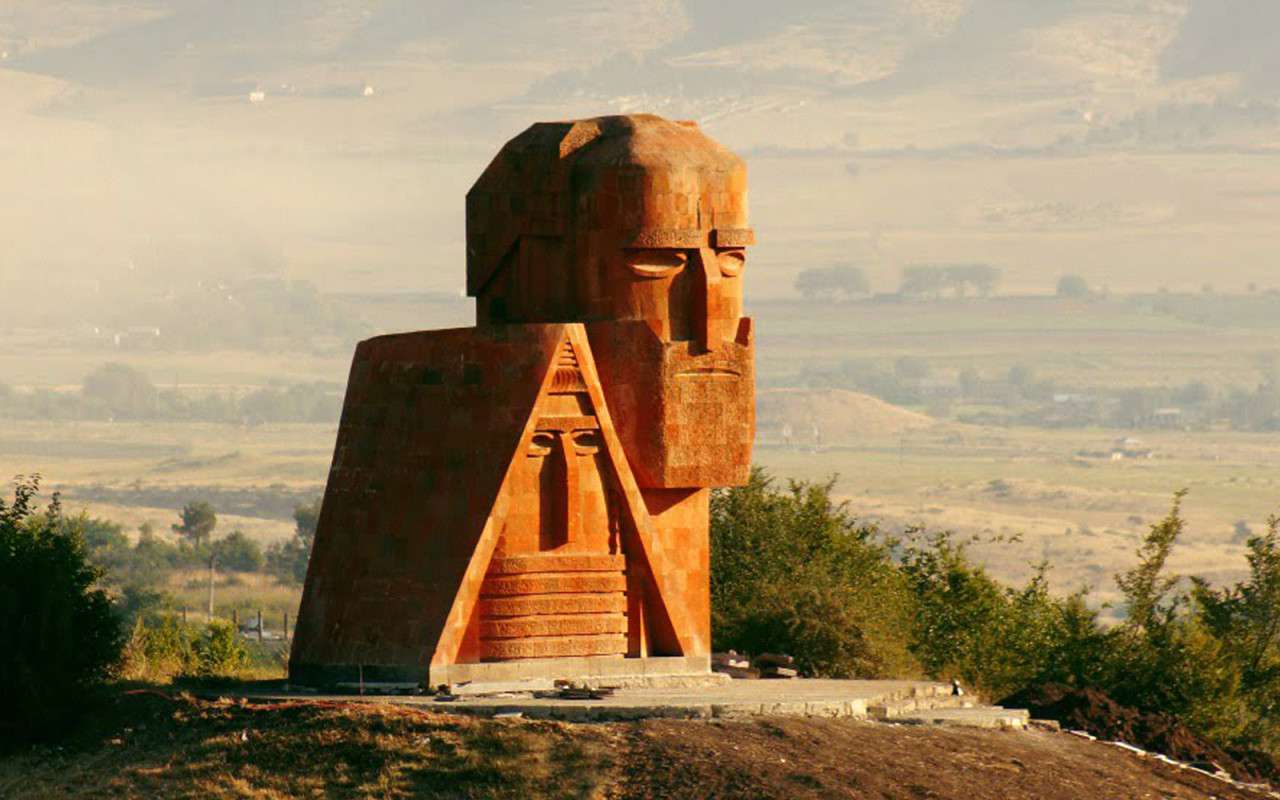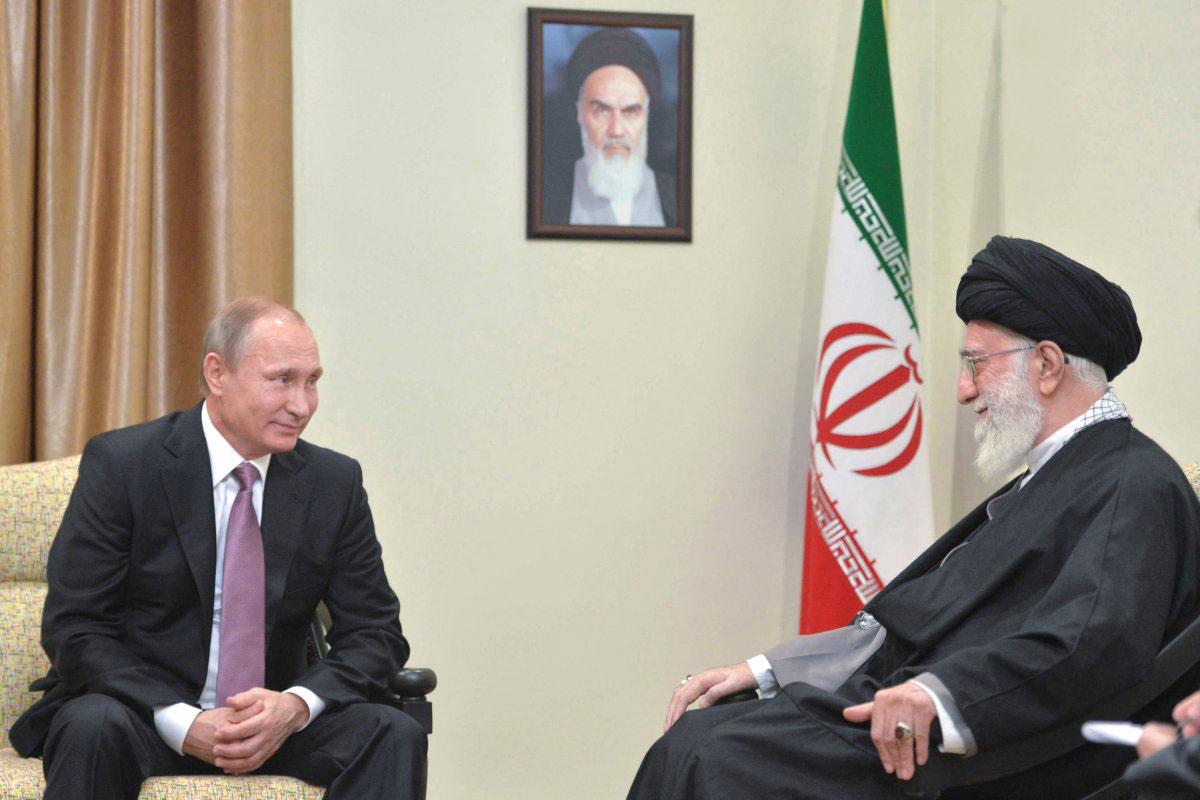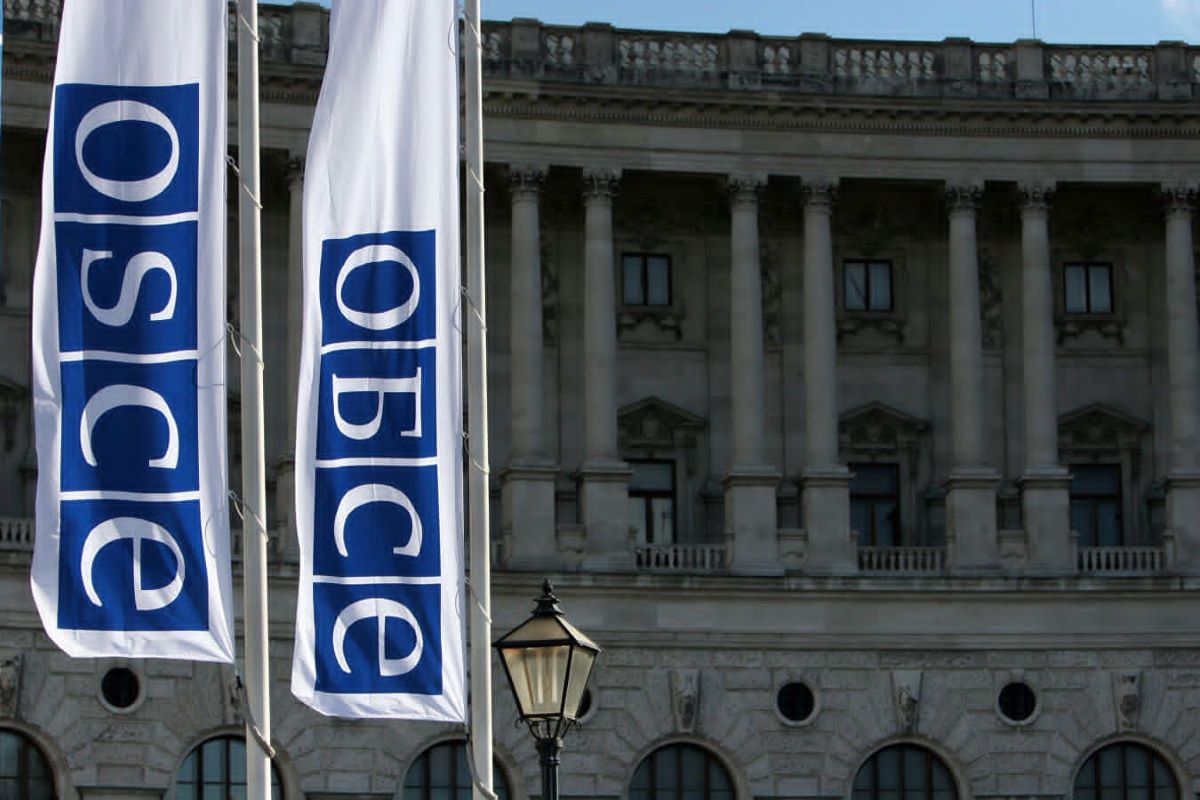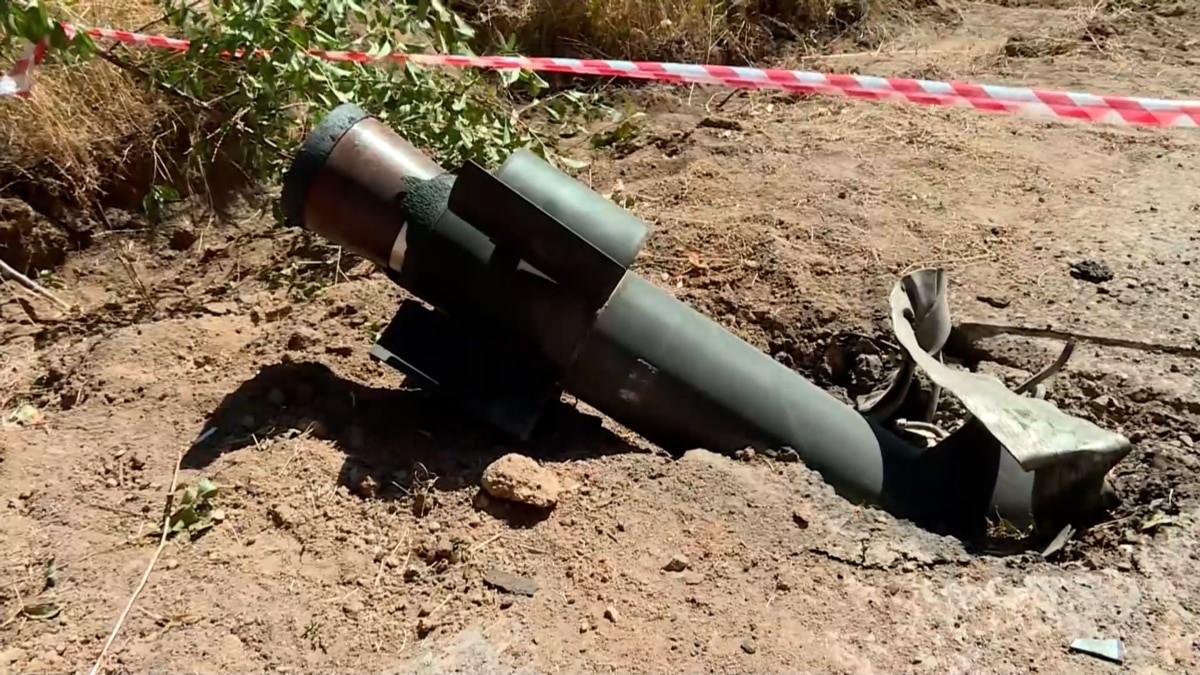A year after Armenians' exodus from Nagorno-Karabakh: Current situation and perspectives from Yerevan
Armenians exodus from Nagorno-Karabakh
A year ago, on September 19, 2023, Azerbaijan launched military actions in Nagorno-Karabakh, which it termed a “counter-terrorism operation.” Over 200 Armenian soldiers and civilians were killed in the conflict. Within a few days, virtually all Armenians—more than 100,000 people—left their homeland. The de facto president of Nagorno-Karabakh, Samvel Shahramanyan, signed a decree stating that the republic would cease to exist from January 1, 2024.
In the aftermath, Armenian authorities have focused solely on humanitarian issues. Social support programs are being implemented in the country. Discussions about the status of Nagorno-Karabakh and the return of Karabakh Armenians under international guarantees are mainly conducted by local human rights defenders.
What happened in Karabakh a year ago? Below are expert opinions from Yerevan.
Expert opinions from Baku can be read here:
Occasionally, international organizations and some Western politicians also address these issues. However, they primarily refer to the return of Armenians to their homes under Azerbaijan’s conditions, rather than discussing the autonomy of Nagorno-Karabakh, according to Robert Gevondyan, a political analyst at the Security Policy Research Center.
The analyst believes that Baku chose a military solution due to the situation being favorable:
“This happened primarily because of the coup in Artsakh and the shift away from democracy, which allowed the West to wash its hands of the issue [referring to the resignation of president Araik Arutyunyan, elected by the people of the unrecognized republic, and his replacement by Samvel Shahramanyan, chosen by the parliament]. This situation also resulted from Russia’s changed position and Armenia’s insufficient capacity. Consequently, Baku was left with no choice but to act swiftly given the extremely low level of resistance.”
The following analysis explores the situation one year after the military actions and the Armenian exodus.
- “Sign a peace treaty on already agreed terms”: Pashinyan’s proposal to Baku
- “Baku promised Moscow to delay signing the agreement with Armenia” – Opinion from Yerevan
- “Each side waits for a deus ex machina to solve their conflict on their terms.” Interview with EU Special Representative Toivo Klaar
Commentary by political analyst Robert Gevondyan
Armenians demands remain unanswered
“We are living in an era of geopolitical contradictions. Politically and militarily, we see conflicts between the West and Russia, and economically, with China.
In such times, the issue of the rights of the 100,000 compatriots who lived in Nagorno-Karabakh could only be addressed within frameworks that did not stem from the logic of their independence. However, those who had the authority to represent the rights of the Nagorno-Karabakh residents insisted on discussing the issue solely within this context. As a result, both their direct appeals and those made through Armenia were ignored.
This approach did not resonate with Russia, the West, or anyone else on the planet. Armenia suggested that the Karabakh leadership slightly adjust their tactics and attempt direct negotiations with Azerbaijan.
Meetings between representatives of Nagorno-Karabakh and Azerbaijan were initiated, but the Karabakh leadership chose a different path.”
Armenians exodus from Nagorno-Karabakh
The coup in Nagorno-Karabakh
“There is credible information that at least one meeting in Sofia did not take place because the Karabakh leadership refused to participate. The West pressured the Azerbaijani leadership to agree to this meeting. However, Azerbaijan was able, through Russia, to convince the Karabakh leadership to withdraw from it.
The Karabakh leaders hoped that Russia was creating a new, somewhat mythical allied state, within which they could remain outside of Azerbaijan’s control.
However, just a month after the refusal to attend the meeting, a coup occurred in Nagorno-Karabakh. Certain political forces replaced the president, who had a mandate from the people, with a figure favorable to them. His participation in negotiations was not recognized as legitimate by the international community. This effectively left Azerbaijan unrestrained, and Baku’s actions were met with only calls for restraint from the West, rather than concrete measures.”
What could negotiations between Karabakh Armenians and Baku have led to?
“Before the coup and the replacement of the legitimately elected government, there were certainly problems, but the situation had not escalated to a military invasion. There were warning statements directed at Azerbaijan, which may have deterred Baku’s desire to forcibly capture the remaining territory under its control.
If those meetings and negotiations had taken place, the situation might be different now. It’s possible that Armenians would still resist integration, and Azerbaijan might not have offered any alternatives, but the situation would have remained the same. That is, Armenians would still be living in their homes, and the negotiation process would have continued.
Conditions might have remained tense, the blockade might have continued, or there might have been a breakthrough in the blockade. I don’t know. However, it is clear that the path chosen by the Karabakh leadership led to catastrophe.”
Armenians exodus from Nagorno-Karabakh
They clung to Russia until the end
“The West had no binding commitments. The legal aspect of its role can only be linked to the OSCE Minsk Group. However, this group was so diverse and ineffective that it couldn’t exert any serious influence, especially since Azerbaijan had rejected the Minsk Group in recent years.
The proposals, which were an act of goodwill from the West, were rejected by the Karabakh leadership. Expecting them to come forward with new proposals or other tools afterward, I believe, is neither morally nor logically justified.
Russia, on the other hand, could have been held to some expectations. Given that until the very end, the same military-political leaders of Artsakh, some of whom are now imprisoned in Baku, had pinned all their hopes on Russia, it’s fair to assume that they should have been making demands. However, they did not, and still do not, raise any questions, including about the return of leaders detained in Baku.”
The NKR Parliament could declare Shahramanyan’s decree invalid
“According to the constitution of Artsakh, Samvel Shahramanyan’s decree on the dissolution of Nagorno-Karabakh does not have legal force. But when Azerbaijan presents to the world that this separatist government and the separatist leader signed this document, the world may accept it.
The only representative body in Artsakh that still has the authority to make decisions on behalf of Karabakh Armenians is the National Assembly, the people elected by the citizens of the NKR.
The parliament could make a decision, declare Shahramanyan a usurper, and legally formulate the reasons for their decision. As a result, all decrees and documents signed by Shahramanyan could be declared invalid. And perhaps, one day, it might be possible to talk about the existence of the NKR as an institution again.”
The international community doesn’t link the return of Karabakh Armenians with autonomy
“The doors for return are always open under the conditions proposed by Azerbaijan. In other words, anyone willing to go back, become a citizen of Azerbaijan, and live there can return. Moreover, even before the withdrawal of Russian troops, Russia also tried to convince some circles that returning was the right decision and that living under Azerbaijan’s terms was possible.
Naturally, Baku will never agree to allow the Armenians of Nagorno-Karabakh to return and live with any autonomous status.
As long as the current power imbalance and geopolitical situation persist, Armenia cannot compel Azerbaijan to agree to such terms, and the Karabakh Armenians certainly cannot either.
Additionally, I haven’t seen any stance from the international community that links the return of Armenians with any level of autonomy. All the appeals and statements I’ve encountered suggest returning on Azerbaijan’s terms.
The international community talks about security guarantees from Baku, but that doesn’t mean that Armenians will have any different rights than, say, other ethnic minorities living in Azerbaijan.”
The November 9 agreement may still play a role without a new document
“The November 9 [2020] agreement on the cessation of hostilities in Karabakh remains in effect as long as the signatures of the leaders of Armenia, Russia, and Azerbaijan are on it, and none of the parties has withdrawn their signature.
The fact that Armenia isn’t demanding, for example, that Russia ensures the functioning of the Lachin Corridor, as was its obligation, doesn’t mean that Russia or Azerbaijan aren’t required to fulfill the ninth clause [on unblocking communications].
This agreement can still play a role until a new document is agreed upon between the parties, and currently, there is no such document. There are regulations on the delimitation of the border between Armenia and Azerbaijan, and possibly there will be a peace treaty. However, these do not contradict the logic of the November 9 statement, because according to that document, Armenia and Nagorno-Karabakh do not share a border. And during delimitation, the problem of Artsakh will remain.
On the other hand, the November 9, 2020, statement pertains to Armenians living in Karabakh, not in Armenia. The issue is that Armenia is no longer effectively a party to this process. So, who is the party? This is the problem: the legitimate authority of Artsakh no longer exists.
The illegitimate government signed ambiguous documents. The only legitimate structure that could be recognized by the world is the parliament, which is essentially non-functional and not fulfilling its duties.
As a result, the Karabakh Armenians currently have no legal way to resolve any issue.
It’s also important to note that one of the main reasons why Armenia’s Prime Minister Pashinyan hasn’t withdrawn his signature from the November 9 agreement is that it is the only document that guarantees the cessation of hostilities. Armenian authorities likely believe that revoking the signature could provoke new provocations from Azerbaijan.
On the other hand, it’s possible that the Armenian authorities are keeping this document as a means of leverage over Azerbaijan and Russia, as there are clearly clauses that both Baku and Moscow have yet to fulfill.”
Armenians exodus from Nagorno-Karabakh
Dissolving the OSCE Minsk group could yield concessions from Baku
“In my view, the initial decision to agree to resolving the conflict within the framework of the OSCE Minsk Group was a mistake. The group lacked the necessary tools and, as a result, contributed to the situation we have today. It was a stillborn structure.
The Minsk Group has been effectively dissolved for four years. It’s not functioning and cannot function. For Azerbaijan, the formal dissolution of the group solidifies its achievements. Since this is important for Baku, something could be gained from Azerbaijan in exchange for the formal dissolution of the Minsk Group.
The existence or non-existence of this group holds no real significance for Armenia, even with regard to the future. I disagree with the idea that the Minsk Group could be used to address any issues in the future. No, if something didn’t work once, it’s clear it won’t work again.”
Armenians exodus from Nagorno-Karabakh
We need to turn the page on the conflict
“Armenia and Azerbaijan are on the path to resolving their relations and establishing peace. It’s time to turn the page on the conflict and attempt to build relations from a neutral starting point.
Of course, there may be problems and various conflicts at both the civil and state levels. In the future, numerous issues could arise where Armenia and Azerbaijan will have disagreements and may not see eye to eye. The key is ensuring these disagreements are not as antagonistic as the Karabakh conflict and do not lead to similarly catastrophic consequences.
In today’s world, there are no guarantees for peace. What we have is an opportunity to guide relations between Armenia and Azerbaijan in a constructive direction for a period of time and prevent conflicts from spiraling out of control.
Whether this will be successful, only time will tell. We currently need a period of relative peace so that Armenia can focus on its internal state affairs, grow stronger, and develop. The approach of Armenia’s authorities and its responsible political forces is aligned with this logic.”
Armenians exodus from Nagorno-Karabakh










